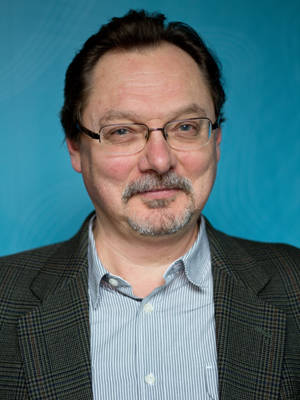Russia with its long history and rich traditions is also a newly-independent state, with unstable institutions and uncertain identity. Its post-Communist transition has involved broad and sometimes radical reforms which have been remarkably inconsistent and remain incomplete. The current result is a hybrid system that combines elements of democracy and authoritarianism, market economy and central control; most of its legal foundations are weak and are being further weakened by widespread corruption. In this unpromising environment, the powerful energy complex is not just the main revenue-producing industry – it has become one of the key state structures, acquiring the profile of a hegemonic institution. The energy complex has a key role in President Putin’s strategy of strengthening the state, and this role is not just instrumental but also systemic, with a profound impact on Russia’s identity formation. The energy complex today has a strong influence on shaping foreign policy and is likely to determine Russia’s further trajectory.
Project aim and goals
The main aim of the pilot project is to explore the range of topics and issues related to the state-building role of the Russian energy complex and identify those that are the most dynamic, generate heavy political impact and remain under-evaluated. These issues would shape the subject and set the targets for further large-scale research. This aim would include providing a background on the energy complex, its composition and its relations with the government, as well as provisional analysis across a variety of topics, with focus on five key goals:
To evaluate the role of the energy complex in the formation of a new identity of the Russian state, in defining the state’s key interests and determining the guidelines for further transition;
To assess the instrumental function of the energy complex in President Putin’s political course aimed at consolidating the state, as well as the level of independence of the energy companies from the state, their ability to pursue own interests and to protect their assets (including by legal means);
To identify the impact of the energy complex on the development/degradation of Russia’s military-industrial complex, in particular on (under)financing the military reform;
To analyse the interplay between the interests of the energy companies and the goals of Russia’s policy in the Caspian area, with the emphasis on mid-term perspectives;
To investigate the influence of the energy complex on Russia’s current and prospective relations with its Western neighbours, with the particular focus on the Ukraine and the Baltic states.







